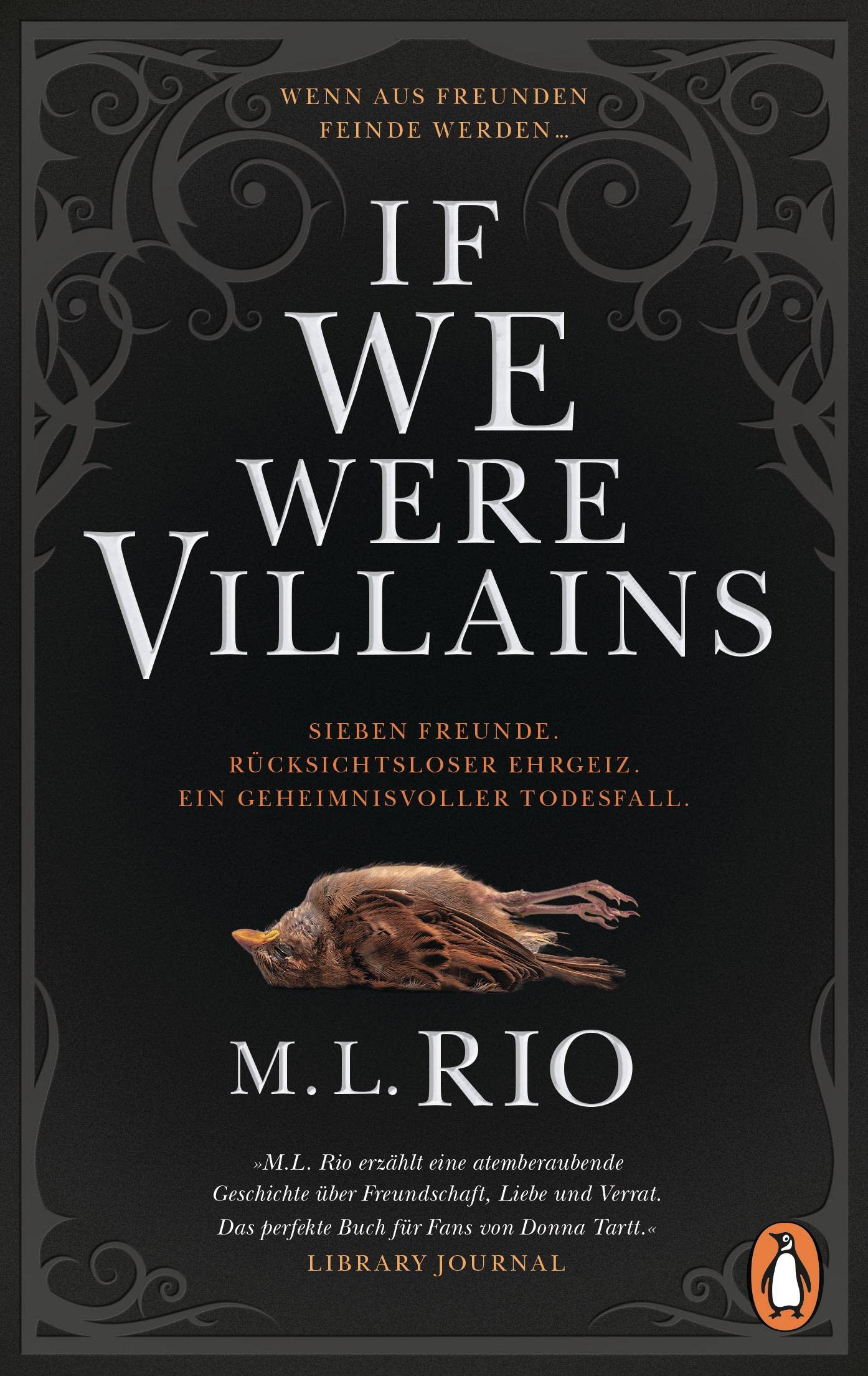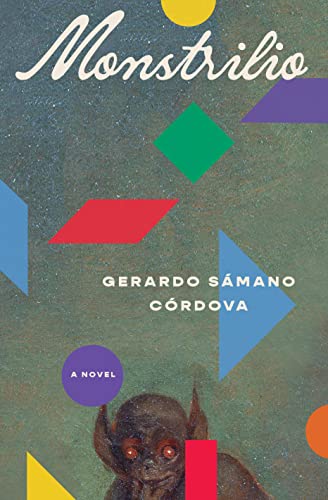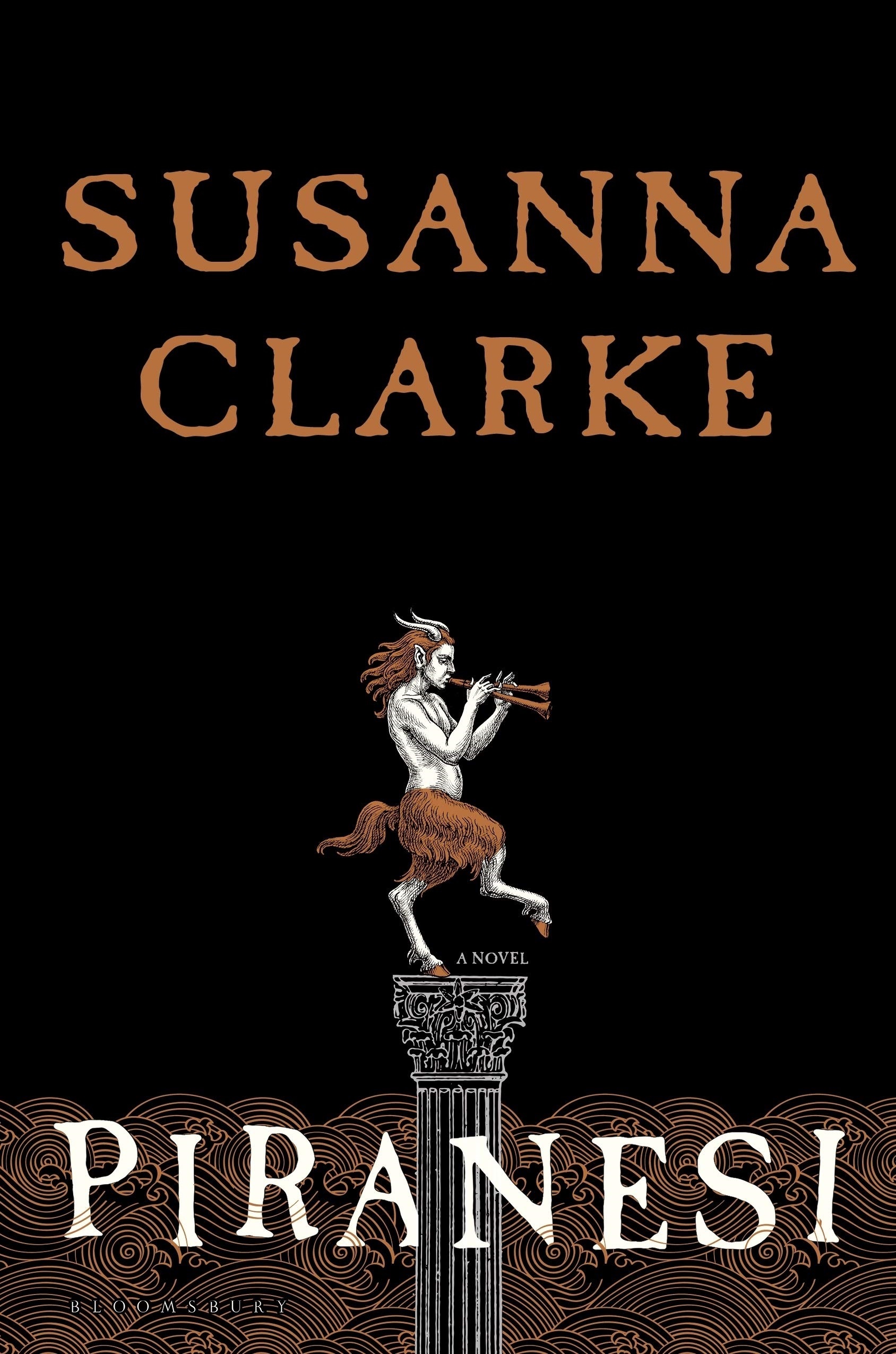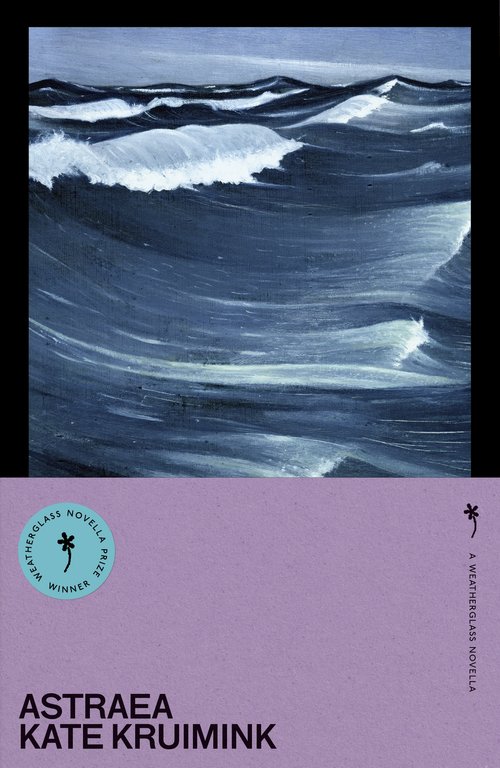quillnqueer started reading...

At Night All Blood is Black
David Diop
quillnqueer wrote a review...
Weatherglass is a feminist publisher we should all be keeping an eye on.
This is going to get compared to I Who Have Never Known Men a lot, and it's a good comparison - this story of women travelling to a penal colony in Australia on a ship is dark, and brutal, but centers the women and their fears.
At no point in the story are the woman's supposed crimes stated, and I liked it for that. It freed each of them from judgement by the reader and kept the focus on the journey ahead of them. I do wish this could be expanded into a full novel, as I left wishing I knew what happened to them.
quillnqueer wrote a review...
At least I finally have a sibling incest story to recommend to all the freaks in my life.
This is yet another story I've read where a remote English country house often feels like it's the only place in the world, a bleak and melancholy story of grief, loss and a morally grey main character, Cathy.
There were some Wuthering Heights parallels in this story which I found interesting, the main character is frequently said to be a person of colour, the family dynamics are very skewed, and most obvious is Cathy's name.
quillnqueer finished a book

A Spell of Winter
Helen Dunmore
quillnqueer made progress on...
quillnqueer started reading...

The Dead and the Gone (Last Survivors, #2)
Susan Beth Pfeffer
quillnqueer started reading...

Qualityland (QualityLand #1)
Marc-Uwe Kling
quillnqueer commented on a List
Older Protagonist
Books where the protagonist is around or older than 50
4


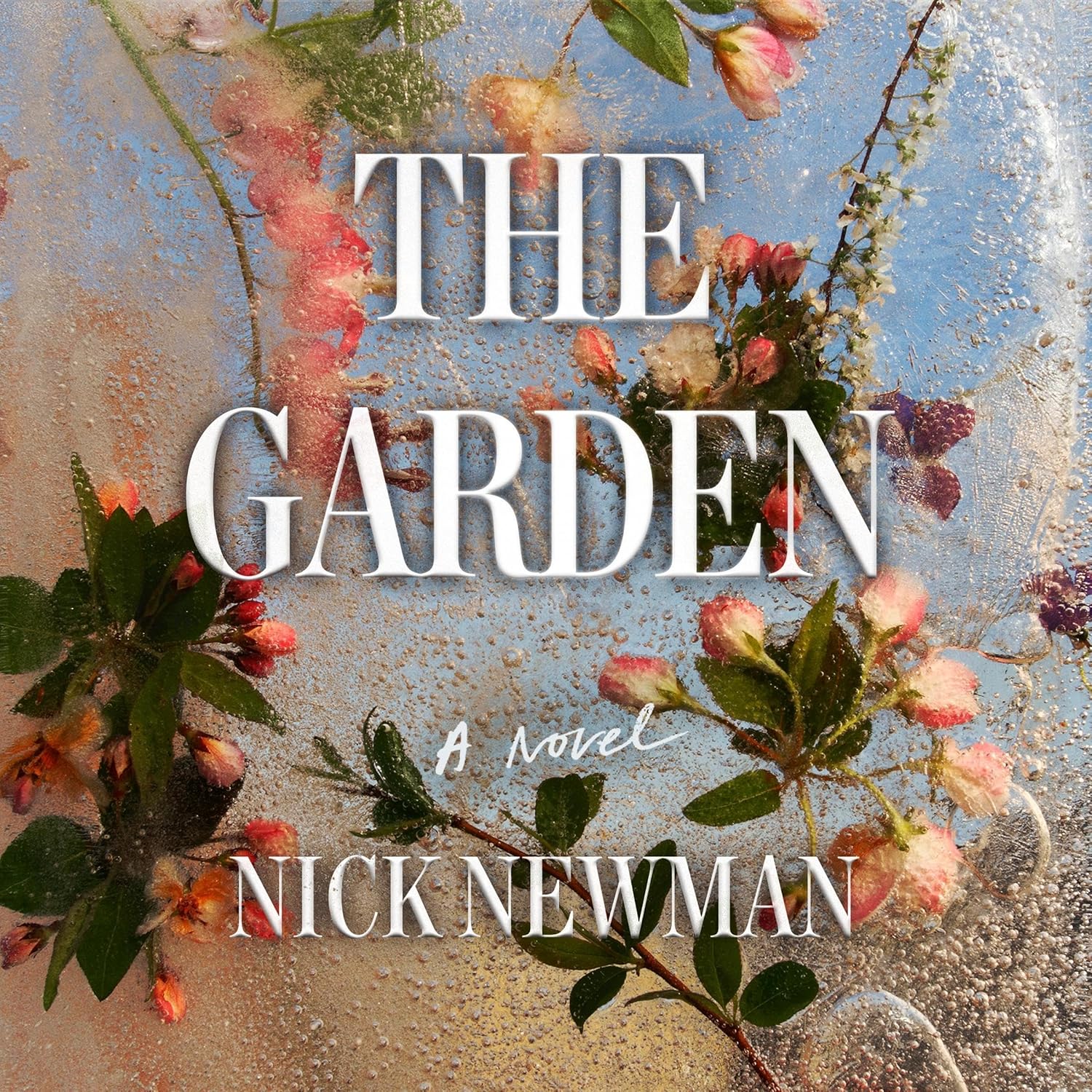
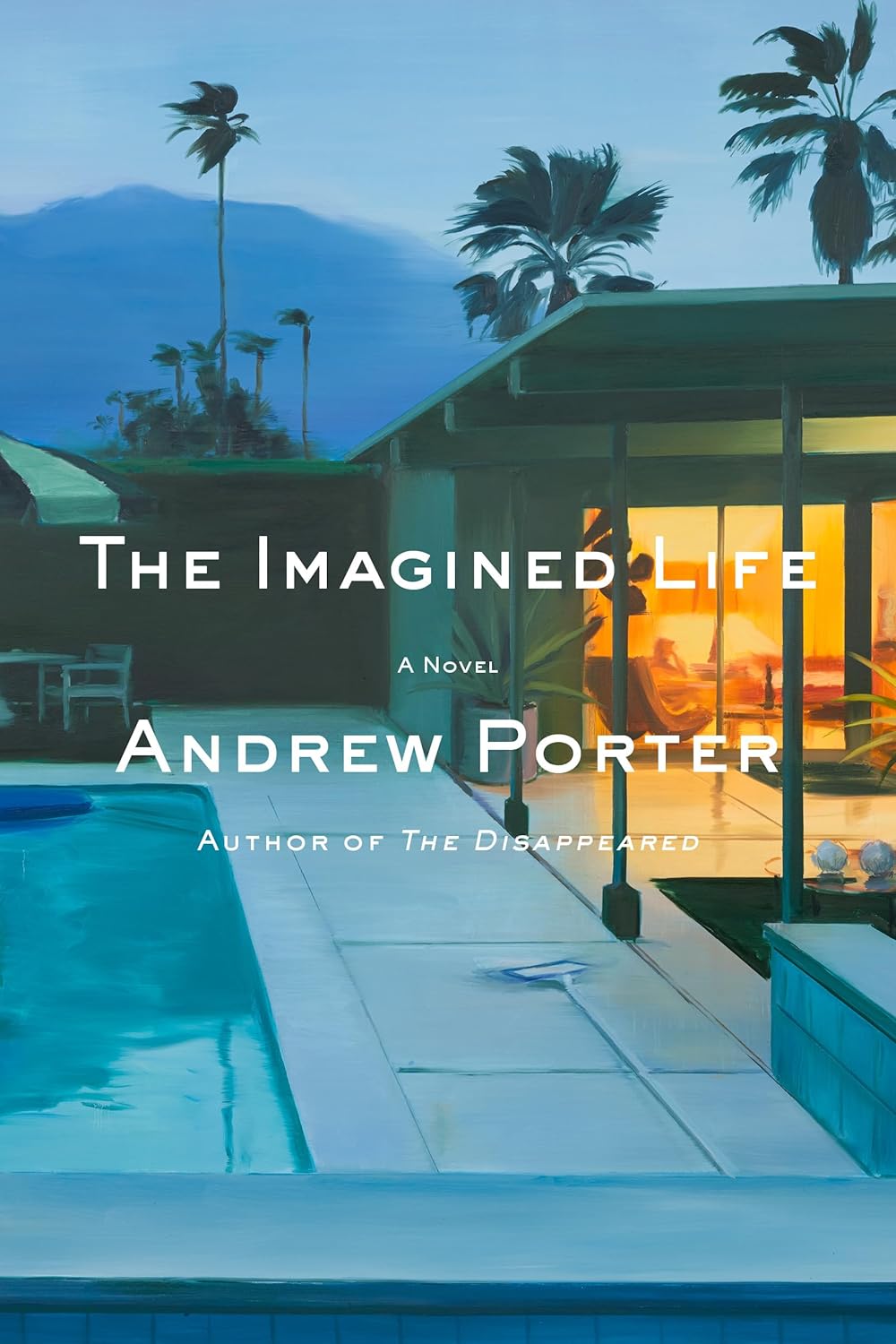


quillnqueer commented on a post from the Pagebound Club forum
Today's question is fairly simple but could provide some fun. Open the book nearest to you, flick to a random page. What is the first full sentence?
"You're not gonna make any friends with the staff this way," from The Glass Gate by Hanna Sandvig
quillnqueer commented on a post from the Pagebound Club forum
Is there a way to avoid seeing all posts or updates about specific books?
I have all the Harry Potter books (for example) set to Mute Posts In Feed but they still show up in my Following feed.
Am I missing a step?
Thanks!
quillnqueer wrote a review...
Every time I forgot that love interest Oak wasn't human, his hooves would go clop clop clop and I'd have even more questions.
This is truly a book that feels written for the sake of being written, and I didn't feel at any point that the author really cared that much for the characters, there was a weird disconnect that lead to me not caring much for the characters either.
I felt that large chunks of the backstory would be confusing if you haven't read the previous six books, which is a lot of catch up for such a basic travel to kill the evil sort of Queen plot. The plot twists were obvious but I did like parts of the ending, I'm interested to see if the second book chickens out of what could be a really strong concept.
quillnqueer finished a book

The Stolen Heir (The Stolen Heir Duology, #1)
Holly Black
quillnqueer wrote a review...
There were three kids and one adult living in this house, but quite often it felt like there were four. Miranda's mother pissed me off SO BAD.
After an asteroid knocks the moon closer to earth, Miranda's mother hoards as many supplies as possible knowing that the world is about to change forever. As the months pass, Miranda sees her world become smaller and smaller, and her mother restricts food more and more.
I understood that Miranda's mother wanted them to survive, but to give Miranda's brother more food than the rest, and to brutally punish Miranda for daring to eat some chocolate chips by making her eat them off the floor and then restricting food for two days, is just straight up abuse.
I felt like I was on constant tenterhooks, waiting for the next minor thing Miranda would do that would cause her mother to blow up and start screaming at her and it was awful seeing Miranda punish and blame herself for having the perfectly normal reactions of a teenager.
quillnqueer finished a book

Life As We Knew It (Last Survivors, #1)
Susan Beth Pfeffer
Post from the Sibylline forum
The average review rating is making me nervous but I'm having such a good time with this book. It's just so silly. All the characters are a mess, they're all in a love triangle with each other and I just feel like the author had an absolute blast writing it.






